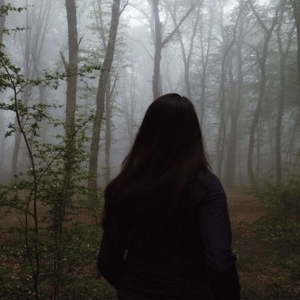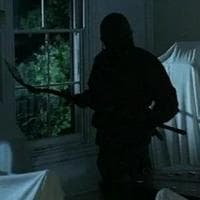{{ชื่อ}} ประเภทบุคลิกภาพ MBTI
บุคลิกภาพ
"Fantasy ประเภทบุคลิกภาพประเภทใด Fantasy เป็นประเภทบุคลิกภาพ INFP ใน mbti, 4w5 - sx/so - 749 ใน Enneagram, RCUAI ใน Big 5, IEI ใน Socionics"
I think the Ne (xNFP) is quite strong. It's kinda like thinking about other possibilities and not very focused on the real world, or even full of creativity and ideas about parts apart from the reality. However, I think the fantasy genre itself could be INFP... I think Te Inferior > Te Tertiary is more reasonable. At least Si would be stronger. As for the Enneagram, I know that Sx 7s are heavily fantasy-oriented and dreamy, they enjoy those a lot, therefore, maybe Sx dominant for the 7 but Idk if it’s Sx/so or sx/sp. The description of Sx/so seems more reasonable tho.
ชีวประวัติ
Fantasy: it's stuff with magic in it, not counting psychic powers, or magic from technology, or anything meant to frighten, or magical realism, or anything strongly religious, or the technology behind the magic that is Magitek, or — where did that clean-cut definition go? While the core of the fantasy genre is clear enough, there is no succinct definition that encompasses it all. The boundary with Science Fiction is notoriously ambiguous and the boundary with horror is often no less fuzzy. Religiously inspired works, like the Left Behind series, can have a basic good versus evil plotline that would fit well in High Fantasy, but few would place it there. And so on. Even magic itself isn't a required element, as novels such as Ellen Kushner's Swordspoint, K.J. Parker's Devices & Desires or Ricardo Pinto's The Stone Dance of the Chameleon which feature no magic whatsoever but take place in an alternate, pseudo-historical world, are still classified as fantasy.








